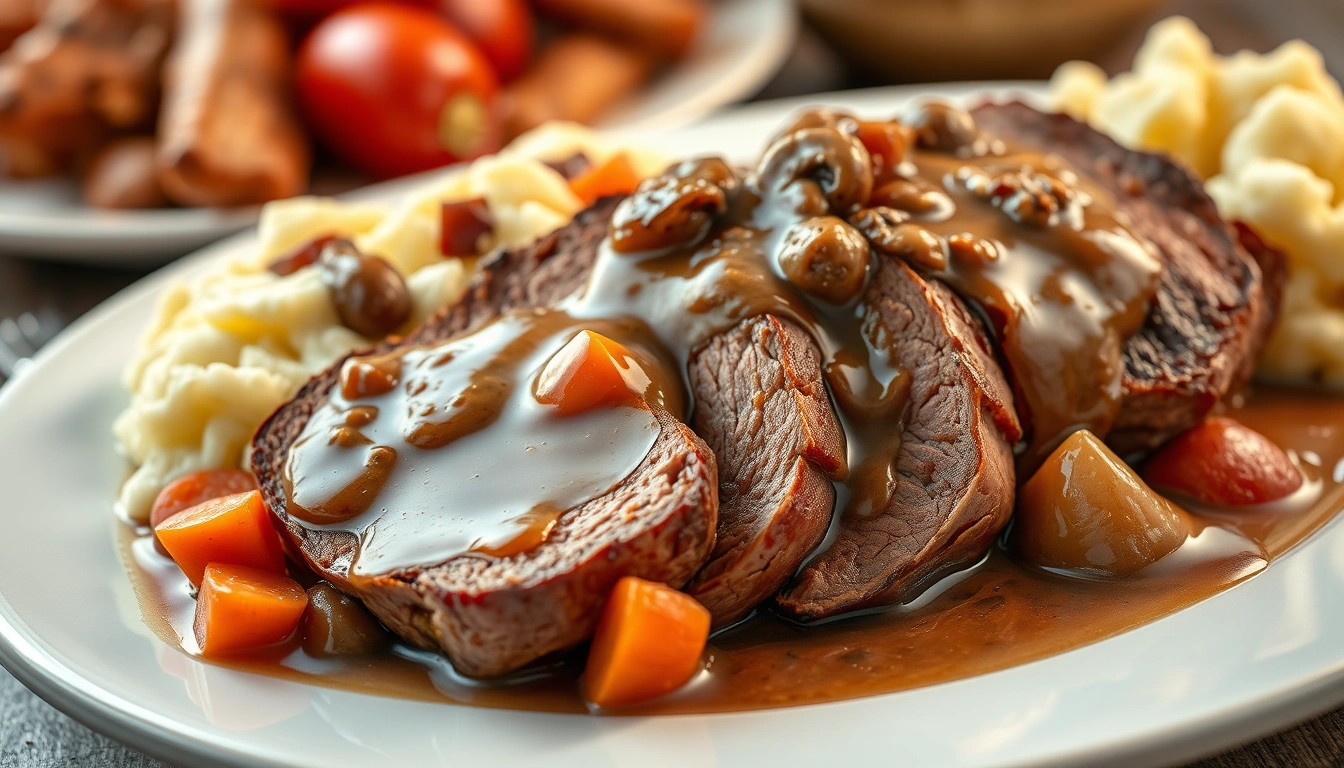Beef roast is a highly valued traditional preparation in various regions of Latin America, especially in countries like Argentina, Uruguay, Mexico, and Chile. Although the basic technique of roasting meat is found in many cultures, in each Latin American country it receives a unique name and touch. In Argentina and Uruguay, it is commonly known as "asado," referring both to the cooking method and the social gathering around the meal. In Mexico, some variants are called "carne asada," and in Chile, simply "asado de vacuno." The tradition of the roast has very ancient roots, dating back to the use of fire and the grill for cooking beef outdoors, being a symbol of community, celebration, and intense flavors that bring families and friends together.
In most of these countries, the roast is not just a dish but a cultural event where patience and the quality of the ingredients are essential. Depending on the region, the cut and the accompanying sauces may vary, but the essence lies in enjoying a juicy and well-cooked piece of meat that retains all its natural flavor. Beef roast has adapted over time by incorporating different techniques and accompaniments, from roasted vegetables to sauces with local ingredients that enrich the traditional recipe.
